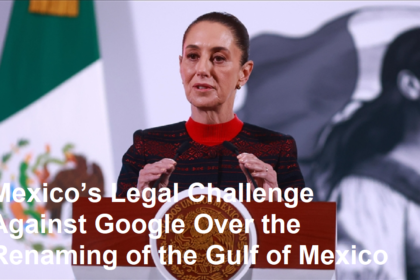On Sunday, May 11, 2025, Israeli Prime Minister Benjamin Netanyahu held a confidential meeting with the Knesset’s Foreign Affairs and Defense Committee. However, the contents of this meeting were unexpectedly leaked to the media, revealing a highly controversial conversation in which Netanyahu reportedly described the recent military operations in Gaza as a deliberate step aimed at expelling Palestinian residents from the area. This revelation has sparked widespread outrage, intense debate, and significant political repercussions both within Israel and internationally.
The Knesset’s Foreign Affairs and Defense Committee is a key parliamentary body responsible for overseeing Israel’s security policies and military actions. Meetings held within this committee are typically classified, given the sensitive nature of the discussions. The leak of Netanyahu’s remarks has therefore raised serious concerns about confidentiality breaches and the political fallout from such candid disclosures.
According to the leaked information, Netanyahu characterized the Gaza attack not merely as a response to security threats but as part of a broader strategy to forcibly remove Palestinian civilians from the region. This statement, if accurate, suggests a deliberate policy of demographic engineering, which many critics argue amounts to ethnic cleansing. The implications of such a policy are profound, touching on issues of human rights, international law, and the long-standing Israeli-Palestinian conflict.
The military operation in Gaza, which has been ongoing amid escalating violence, has already resulted in significant casualties and widespread destruction. Netanyahu’s alleged remarks have intensified scrutiny of Israel’s tactics and objectives, with human rights organizations and international observers condemning the approach as disproportionate and in violation of humanitarian principles.
Within Israel, the leak has triggered a political storm. Opposition parties and civil society groups have demanded accountability and transparency, calling for investigations into both the content of the meeting and the circumstances of the leak. Some have accused Netanyahu of pursuing a hardline agenda that undermines prospects for peace and fuels further conflict.
Internationally, the revelations have drawn sharp criticism from governments, international organizations, and advocacy groups. Many have expressed alarm at the suggestion that military actions are being used as a tool for forced displacement, which contravenes international norms and treaties. Calls for renewed diplomatic efforts and increased pressure on Israel to respect Palestinian rights have intensified.
The leak also raises questions about the internal dynamics within the Israeli government and military establishment. It suggests possible divisions or dissent regarding the conduct and goals of the Gaza operation. The breach of confidentiality may reflect broader tensions and disagreements over strategy and policy.
The Palestinian leadership has condemned Netanyahu’s alleged statements, viewing them as confirmation of long-held fears about Israel’s intentions in Gaza. The remarks have galvanized Palestinian resistance and drawn international sympathy for their cause. The situation on the ground remains volatile, with ongoing clashes and humanitarian crises exacerbating the already dire conditions faced by civilians.
This incident underscores the complexity and sensitivity of the Israeli-Palestinian conflict, where narratives, policies, and actions are deeply contested and have far-reaching consequences. The leaked meeting has brought to light the stark realities behind official rhetoric and highlighted the urgent need for transparent dialogue and peaceful resolution.
In conclusion, the leak of Prime Minister Benjamin Netanyahu’s meeting with the Knesset Foreign Affairs and Defense Committee on May 11, 2025, revealing his description of the Gaza attack as a step to expel Palestinians, has ignited a firestorm of controversy. The revelations challenge the international community to confront difficult questions about the conduct of the conflict, the protection of human rights, and the prospects for peace in the region. As the situation continues to evolve, the world watches closely, hoping for accountability, justice, and a path toward lasting resolution.









